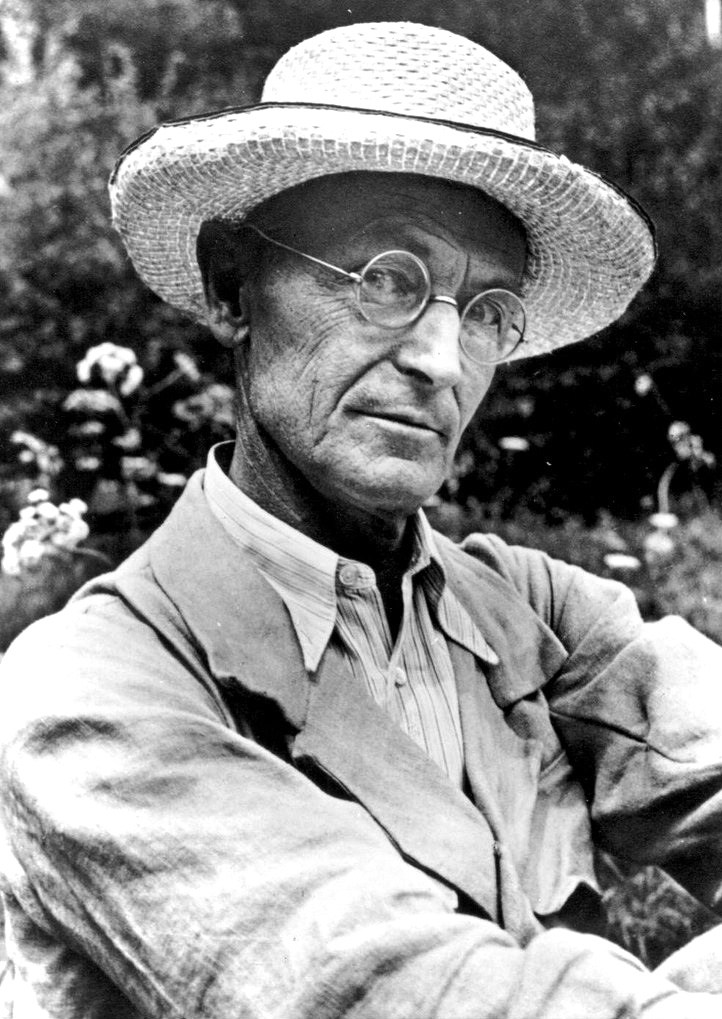Nice reflection on some of German author Herman Hesse’s philosophical ruminations:
“Character — the willingness to accept responsibility for one’s own life — is the source from which self-respect springs,” Joan Didion wrote in her timeless essay on self-respect. And yet this willingness does not come naturally to the human animal. We glance left and right, we peer above and below, placing the responsibility for our suffering everywhere but at the center of our own being. We treat the unhandsome consequences of our actions as something that happens to us, at us, by some wretched external causality. In the process, the tick of our self-righteousness grows fatter and fatter on bloodthirsty blame.
“The great German poet, novelist, and painter Hermann Hesse (July 2, 1877–August 9, 1962) offered an antidote to this all too human tendency in one of his least known pieces of writing, composed as the world was coming back to consciousness after the First World War.”
Considering that Crowley felt that the basic unit of society in the Aeon of Horus was not the nation, nor the family, but the individual, this willingness to accept blame for failure’s and the powerful to create one’s successes would seem quite useful. Results may vary depending on the degree of the user’s engagement.
Read the whole piece:
Thanks to Tau Roncellin for the tip!


